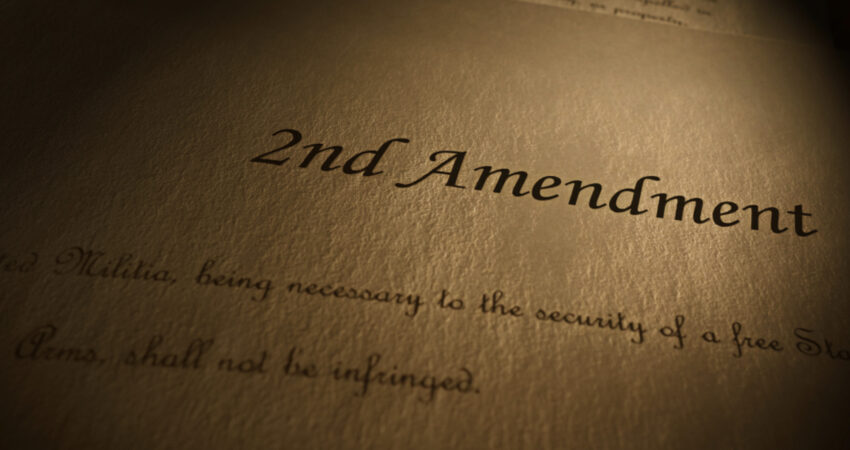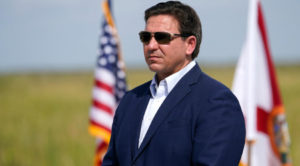Throughout my lifetime, the Second Amendment of our Constitution has remained a topic of contention. Its opponents argue that it contributes to gun violence, while its proponents maintain that it is a safeguard for freedom and security.
The Second Amendment’s twenty-seven words have sparked debates in the 20th and 21st centuries. Does it imply that citizens only have the right to bear arms when they are part of a well-regulated militia, or does it unequivocally protect the right to bear arms without infringement? Some have even speculated that it permits firearm ownership exclusively for hunting or restricts ownership to 18th-century muskets, as that’s what the Founding Fathers had in mind.
However, opponents have misconstrued the Founding Fathers’ intentions, arguing that the Second Amendment’s true meaning remains elusive. Yet, this is far from the truth. We have valuable insight into the Founding Fathers’ views through The Federalist Papers, a series of seventy-eight essays composed to explain and promote the Constitution to the American public in the late 1780s.
Federalist Paper No. 46, likely written by future President James Madison, addressed concerns arising from the Revolutionary War and the prevailing sentiment of the time. During the war, Americans were heavily armed for self-defense, as they faced threats from Native American attacks and wildlife. The British Army’s brutalities during the war deepened distrust of a powerful government and a large standing army. Americans feared that a tyrant could seize power and employ the military to oppress the populace.
Many citizens identified more with their states than the nation, resisting a centralized government’s potential dominance over states and individuals. Federalist Paper No. 46 outlined the concept that the American people, with their individual arms, could effectively resist a government’s oppression. Madison noted that the American military would be vastly outnumbered by the armed citizenry, acting as a bulwark against tyranny.
The Revolutionary War also demonstrated the effectiveness of local militias in opposing the British Army. These militias, while unprofessional and often unreliable, played a pivotal role in the war. They engaged in guerilla warfare, hindering British forces’ movements and contributing to the American victory.
Moreover, the argument that modern weaponry renders the Second Amendment obsolete is flawed. Some contend that firearms like the AR-15 are no match for advanced government weaponry, such as F-15 fighter jets. President Biden’s statement that “if you need to worry about taking on the federal government, you need some F-15s. You don’t need an AR-15” is a problematic perspective. It fails to acknowledge the core principle that an armed citizenry acts as a crucial safeguard against a potentially corrupt government, a viewpoint deeply rooted in American history.
In conclusion, the conservative perspective on the Second Amendment emphasizes its role as a vital safeguard against government tyranny and an essential element of American history and identity. This perspective is grounded in the Founding Fathers’ beliefs, the experiences of the Revolutionary War, and the enduring value of an armed citizenry in preserving liberty and justice.





